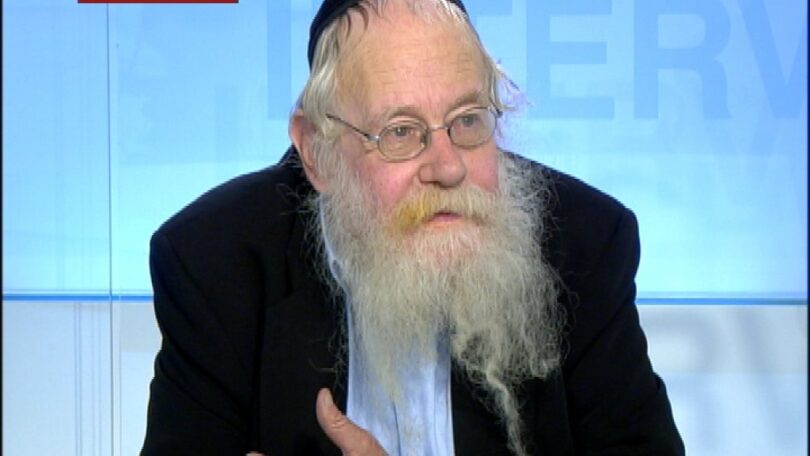In Judaism’s conception of time, the past and the events that occurred in the past did not pass away with time.
They continue to exist in the present. Judaism’s approach to history is not that of relating to what once was.
Rather, Judaism conceives of historical events as dynamic elements that continue to operate in all times.
This conception is expressed in various forms in almost all Jewish sources, but it is developed profoundly in several later systems that draw on mystical doctrine.
According to these systems (which are rooted in the thought of our ancients), time is not a sequence in which the past may be found way back somewhere.
Instead, time should be regarded as a long line of discrete units, each of which constitutes a re-creation.
The past serves as a basic pattern on the basis of which the present is formed anew in every moment.
According to this conception, which in a certain sense denies historical continuity, there is a cyclic nature to all phenomena.
The past serves as a foundation for the present, and past events reoccur at other times.
According to this approach, the essence of a Hag (festival) is the re-experience of the original event, which becomes operative again.
–Rabbi Adin Steinsaltz

